LIPOSOMAL VITAMIN D3 (4000 IU) N90 is a premium product by Lotos Pharma that helps to:
- Maintain normal bone health,
- Support normal muscle function,
- Contribute to the normal functioning of the immune system.
Produced in accordance with the Lotos Pharma GMP (Good Manufacturing Practice) quality system. Liposomal technology and Lotos Pharma ensure better absorption of active ingredients.
| Ingredients and dosages | Recommended daily dosage
(1 capsule) |
NRV* | IU** |
| Vitamin D3 | 100 µg | 2000% | 4000 IU |
*NRV – nutrient reference value/ **IU – international units
Content: liposomal vitamin D3 (maltodextrin, thickening agent acacia gum, humectant glycerin, emulsifier sunflower lecithins, antioxidant alpha-tocopherol, cholecalciferol), hydroxypropylmethylcellulose (capsule shell), inulin (fiber), fatty acid magnesium salts (anti-caking agent), iron oxides and hydroxides (capsule shell colorant).
Usage: recommended for adults is to take internally 1 capsule per day. The duration of use 3 months, usage course can be repeated.
Warnings: high sensitivity (allergy) for some of the product ingredients; during pregnancy and breastfeeding period after consultation with a physician or pharmacist; do not use food supplements as the substitute for balanced and valuable nutrition; do not exceed the recommended daily dosage; keep out of reach and sight of children!
Store at room temperature in the original package avoiding direct sunlight.
SUITABLE FOR VEGANS. SCIENCE-BASED. GMP CERTIFIED.
Dietary Supplement. Dietary supplements should not be used as a substitute for a varied diet. It is essential to eat a varied and balanced diet and maintain a healthy lifestyle.
LIPOSOMAL VITAMIN D3 (4000 IU) N90 is registered in the Food Supplements Register of the Agricultural and Food Board.Check registration here.
What are liposomes?
Liposomes are microscopic fat bubbles made from phospholipids – the same substances that make up human cell walls. Their unique structure allows them to encase nutrients, such as vitamins and minerals, and protect them from degradation during digestion, as well as improve absorption through the cell walls. This helps the nutrients to be better absorbed by the body and delivered precisely where they are needed.
Because of this similarity with our cells, liposomes don’t dissolve in stomach acids, are not affected by digestive enzymes and are able to bind to our cells, delivering the nutrients to target cells intact, improving their absorption and efficiency in the body.
Advantages of liposomal vitamins and minerals:
- Efficient absorption: Liposomes enhance the absorption of nutrients such as vitamins and minerals, making them more accessible and effective for the body.
- Protection from digestive acids and enzymes: The liposome shell protects nutrients from the acidic and enzymatic breakdown in the digestive system, allowing them to reach their target with minimal degradation.
- Targeted delivery: Liposomes deliver nutrients precisely to the target cells, which shortens the time needed to absorb nutrients into our blood circulation.
- Improved efficiency: By delivering nutrients to the target cells quickly, liposomes can allow us to reach the goal concentration of certain nutrients more efficiently.
- Reduced gastrointestinal irritation: Liposomes may help reduce stomach irritation and discomfort caused by certain nutrients. Liposomes surround nutrients with a protective layer, which minimizes direct contact with the stomach lining. This protective layer helps transport nutrients safely through the digestive tract, reducing the risk of stomach irritation and ensuring that nutrients are absorbed in the intestines.







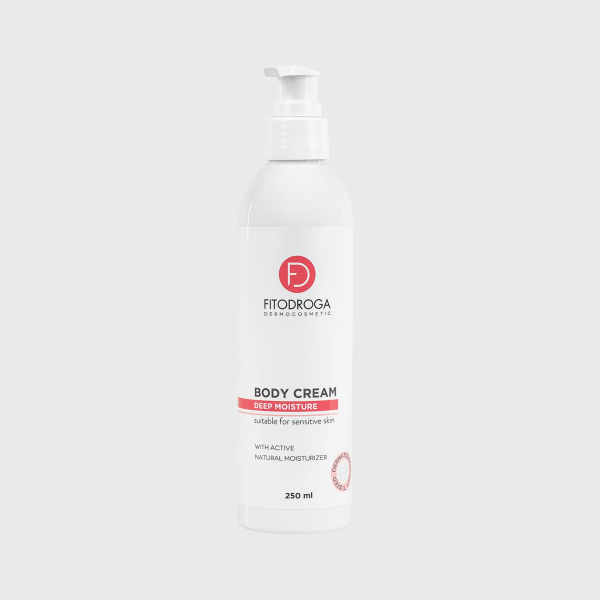

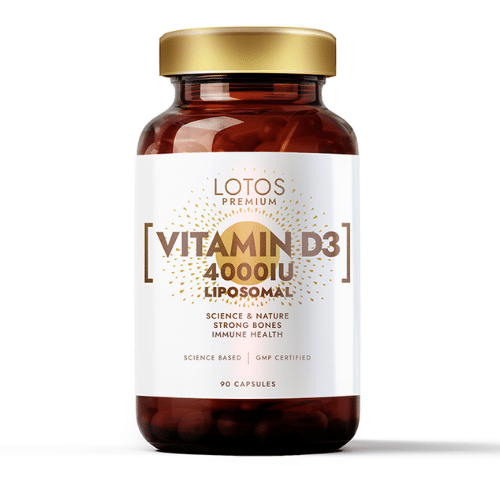
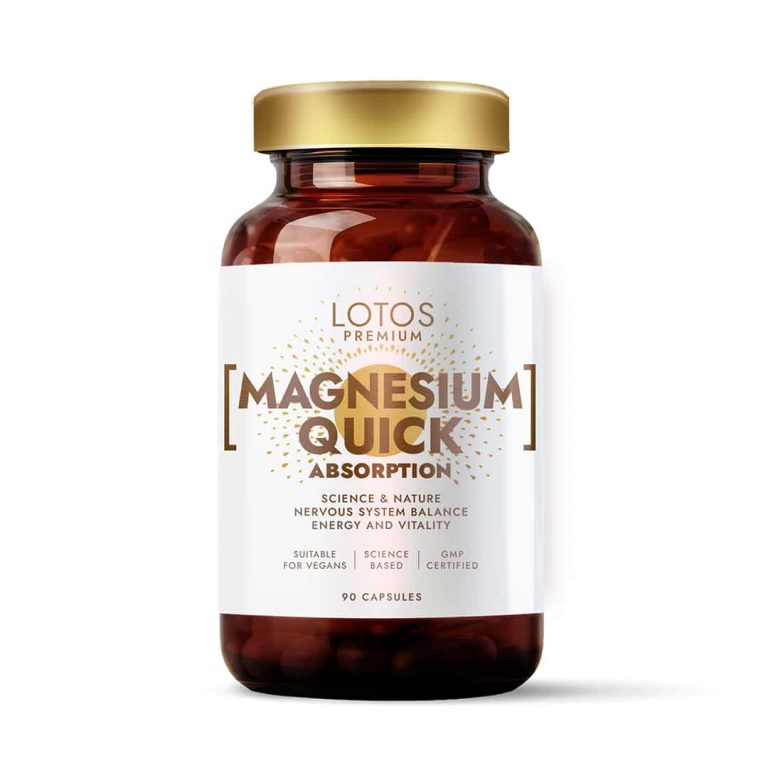
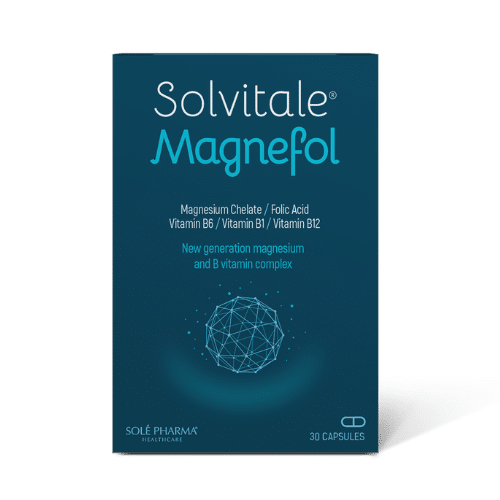
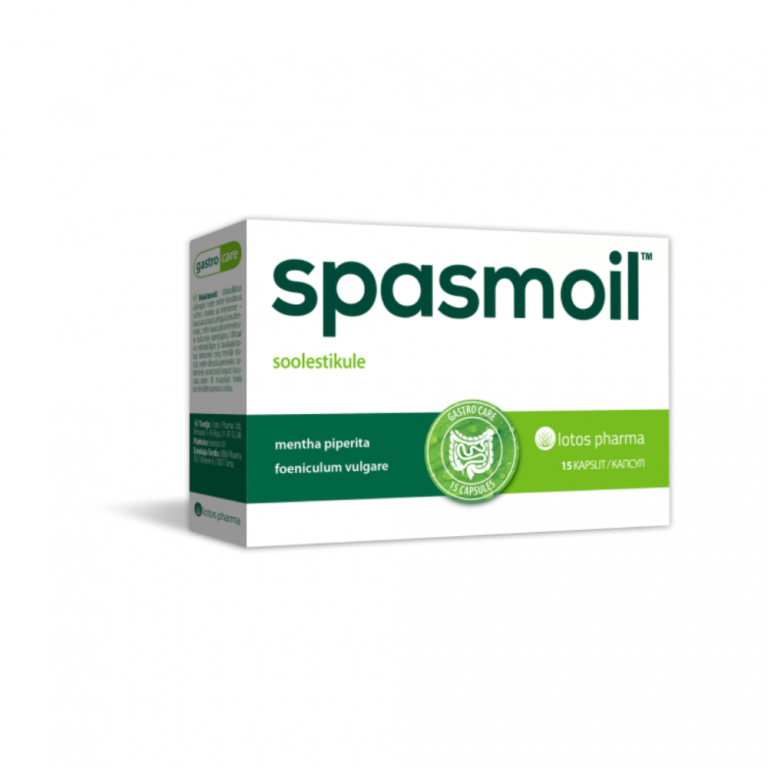
Reviews
There are no reviews yet